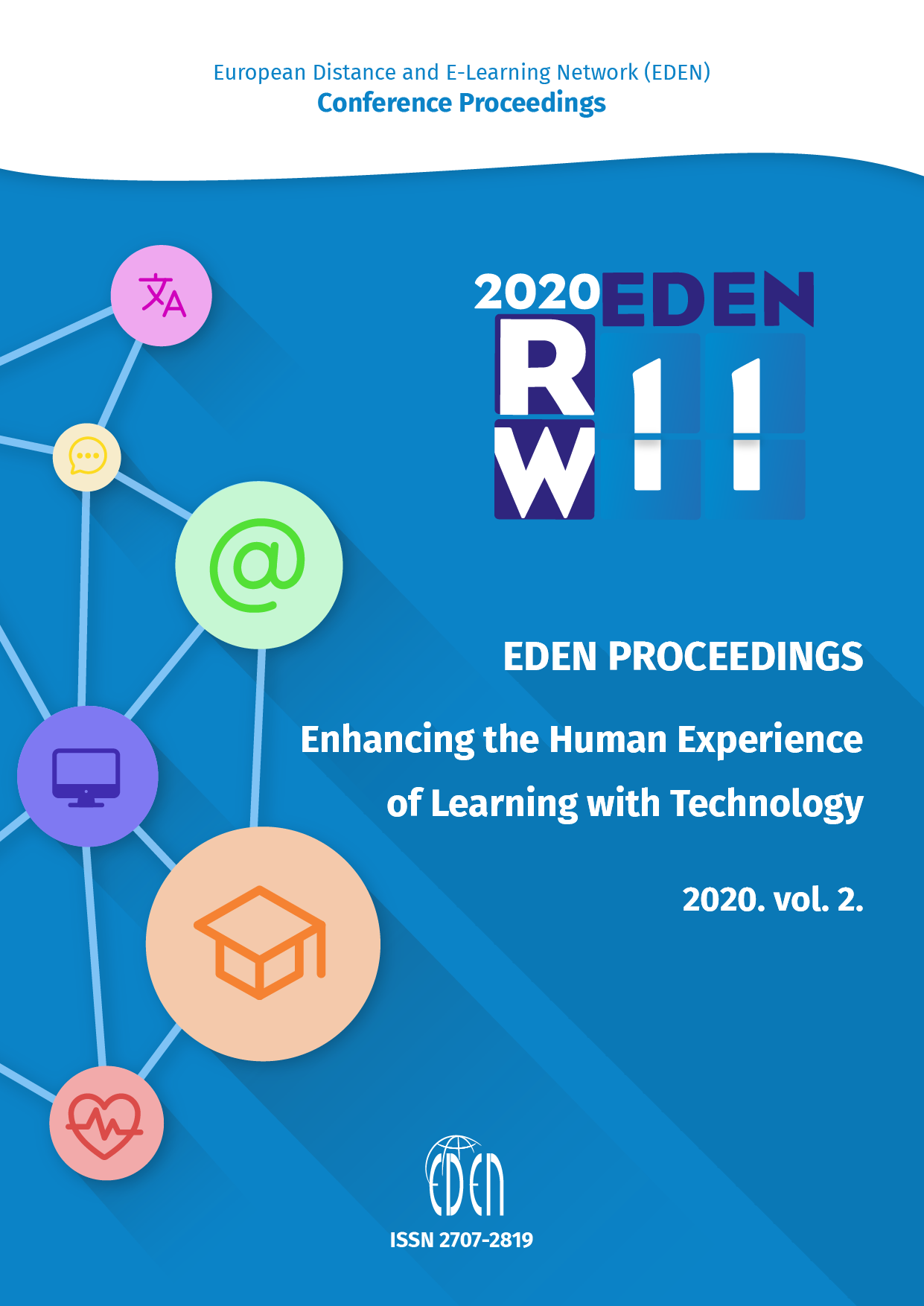Adaptive Learning Implementation – A Cognitive Description Experiment for First Year Engineering Students at a Distance Education University
Adaptive Learning Implementation – A Cognitive Description Experiment for First Year Engineering Students at a Distance Education University
Author(s): Ngaka MosiaSubject(s): Social Sciences, Education
Published by: European Distance and E-Learning Network
Keywords: ODeL; Scaffolding; Teaching and Learning; Learner support
Summary/Abstract: A study was performed on a first year industrial engineering statistics course to improve the statistics pass rate. Statistics is a requisite for other engineering courses. The pass rate for the statistic course was below 50%. The primary purpose is to enable learners to build a capacity to comprehend module content and establish a deeper level of learning that will enable learners to achieve goals and objectives of T&L lessons. An intervention program was instructionally designed to develop a personalized and differentiated learning process that breaks down lessons into lower and basic components, for struggling learners, and improves lessons to a complex high level and challenging activities for excelling students. Forty students were considered for the study. Moore’s theory of transactional distance was used as a theoretical framework. The data consisted of exam and assignment scores. A quantitative method was used to analyse the data. Hypothesis testing suggests that the intervention program is significant. The overall pass rates improved by 25%.
Journal: European Distance and E-Learning Network (EDEN) Conference Proceedings
- Issue Year: 2020
- Issue No: 2
- Page Range: 124-130
- Page Count: 7
- Language: English

